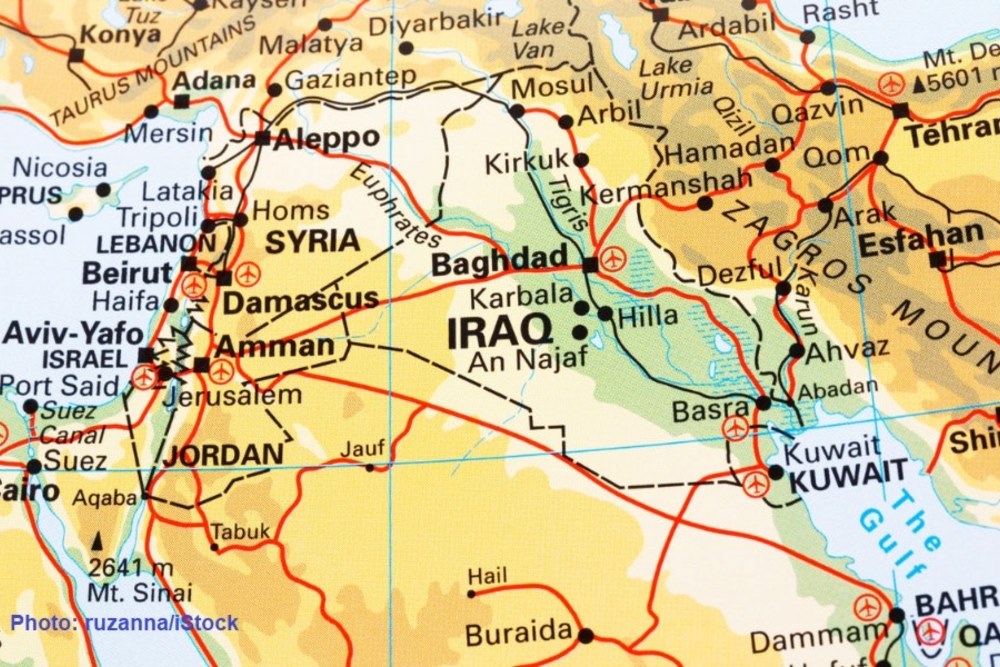
The IDF is on very high alert for any developments in Syria, including the potential fall of the Assad regime. Israeli defense officials held a special session today to discuss the volatile situation, N12 News reports.
Israel and the US are seeing signs of a partial collapse in the Syrian army’s defense lines, Kan News said, citing unnamed sources. The rapidly evolving crisis is expected to be a key topic in tonight’s security cabinet meeting.
Defense officials are concerned that rebel forces will advance in southern Syria and reach the Israel border area, the report said.
Israel is surprised by the weakness of Assad’s army, N12 said, as the regime continues to lose control of more towns. According to Israeli intelligence, the Syrian military and its command echelon are failing to contend with rebel forces encroaching on Syrian territory.
At the same time, Israel conveyed a strong message to Iran, warning Tehran not to deploy forces to Syria or supply Assad with weapons, which could end up in Hezbollah’s hands. For now, the prospect of direct Iranian involvement in the current Syrian conflict remains uncertain.
Impact on Israel
Israel is closely monitoring the dramatic developments in Syria as rebel forces gain ground against the Assad regime. The continuation of the war, particularly if the regime falls, could have major implications for the Middle East and Israel’s national security.
The shifting dynamics in Syria pose significant risks and opportunities, according the Institute for National Security Studies (INSS). Assad’s downfall could create a power vacuum, leading to prolonged instability and chaos that directly threatens Israel’s security, the report warns.
The rise of jihadist factions, which could seize large areas in Syria, raises concerns about massive arms stockpiles – including chemical weapons – falling into extremist hands right on Israel’s doorstep.
However, the collapse of Assad’s regime would deal a severe blow to Tehran, forcing the Iranians to withdraw from Syria and cutting off key weapons supply routes to Hezbollah.
An anti-Iranian regime in Damascus would also jeopardize Iran’s proxies in Iraq, while compelling Tehran to prioritize immediate security concerns and place its focus on Israel on a lower tier.
For now, the turmoil in Syria represents another blow to Iran’s proxy network, which has taken heavy hits on several fronts, particularly in Gaza and Lebanon. [Here’s more on the collapse of Iran’s proxy doctrine]


